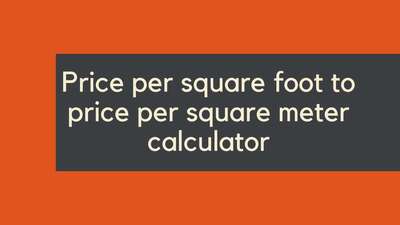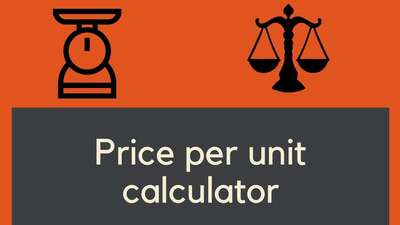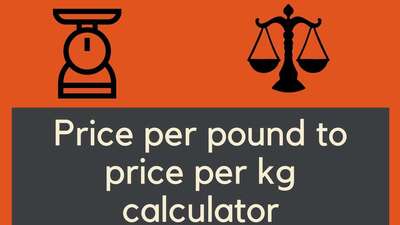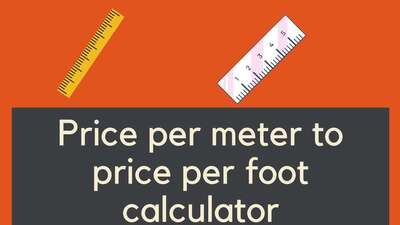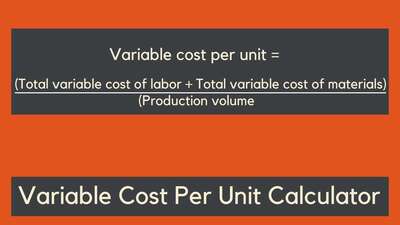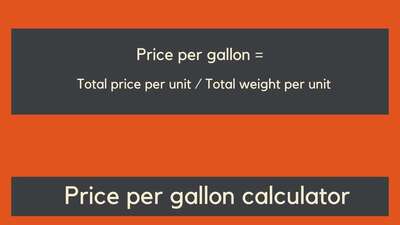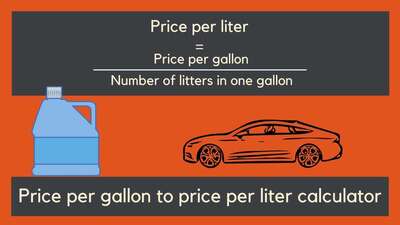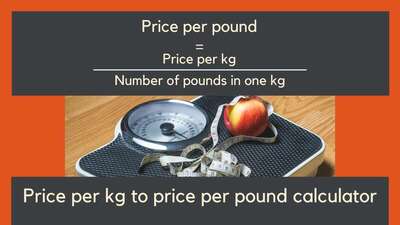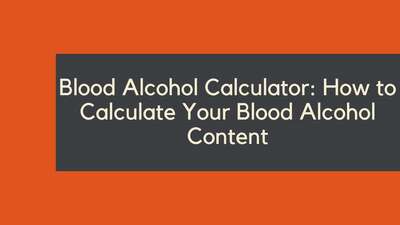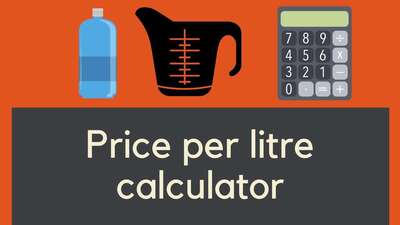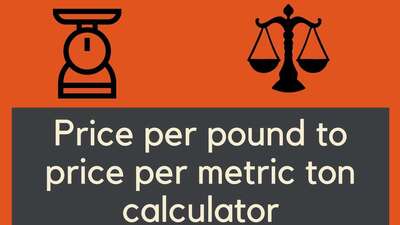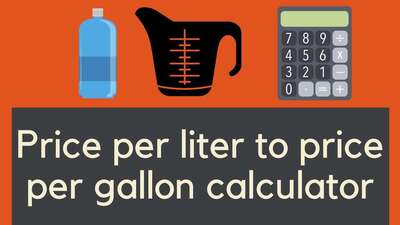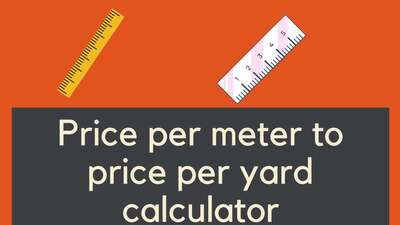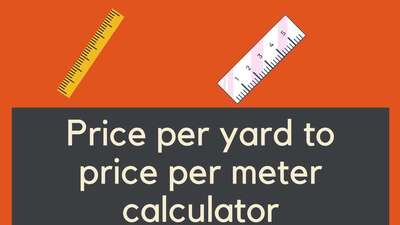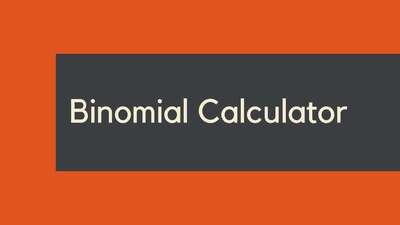Blood Type Calculator: Understanding Your Blood Type
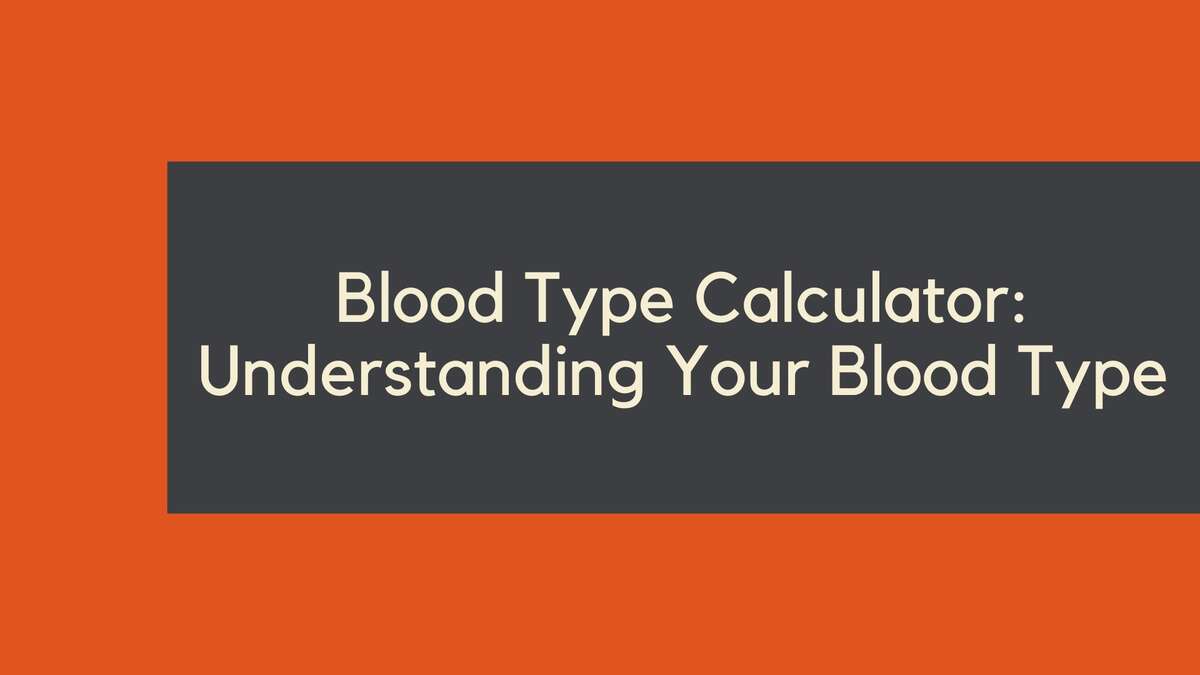
- Definition of Blood Types
- The Significance of Rh Factor in Blood Transfusions and Pregnancy
- Role of Genetics in Determining Blood Type
- Patterns of Inheritance
- Blood Types and Disease Susceptibility
- Implications for Personalized Medicine
- Historical Perspective on Blood Typing and Its Medical Implications
- Impact on Transfusion Medicine and Organ Transplantation
- Rh Factor Screening and Management
- Myths and Misconceptions About Blood Types
- Clarifying Facts
- Formula for Determining Blood Type
- Understanding Blood Type Inheritance
- Additional Inheritance Patterns
- Explanation of Blood Type Calculator
- Frequently Asked Questions about Blood Types
- How is blood type determined?
- Can a child have a different blood type than their parents?
- What is the importance of the Rh factor in blood types?
- Are certain blood types more susceptible to diseases?
- Is a blood type calculator accurate?
Your blood type is an important factor in determining your health and well-being. It can affect everything from your risk of disease to your ability to donate blood. In this article, we'll discuss the different blood types, how they are determined, and how to use a blood type calculator to determine your own blood type.
Definition of Blood Types
There are four main blood types: A, B, AB, and O. These blood types are determined by the presence or absence of certain antigens on the surface of red blood cells. Antigens are proteins that can trigger an immune response in the body. The ABO system is the most important blood type system, but there are many other blood type systems as well.
Blood types are inherited from your parents. If both of your parents have the same blood type, you will also have that blood type. If they have different blood types, you will inherit one of their blood types.
The Significance of Rh Factor in Blood Transfusions and Pregnancy
The Rh factor, a key component in blood typing, plays a critical role in medical practices, particularly in blood transfusions and pregnancy management. This factor, identified as either Rh positive or Rh negative, is crucial for compatibility in blood transfusions. Mismatching the Rh factor can lead to severe immune reactions, making accurate blood typing essential.
In the context of pregnancy, the Rh factor gains additional significance. An Rh-negative mother carrying an Rh-positive fetus can develop antibodies against the fetus's blood cells, a condition known as Rh incompatibility. This can lead to serious complications such as hemolytic disease of the newborn (HDN). Thus, understanding and managing the Rh factor is vital for expectant mothers.
Role of Genetics in Determining Blood Type
The determination of an individual's blood type is deeply rooted in genetics. Specific genes and alleles are responsible for the variation in blood types across different individuals. The ABO blood type system, for instance, is governed by a single gene with three different alleles: A, B, and O.
Alleles A and B are dominant, meaning that they express their traits when present. In contrast, the O allele is recessive and only exhibits its traits when paired with another O allele. This genetic interplay results in the diverse blood type distribution seen in the human population.
Patterns of Inheritance
-
Inheritance of blood type follows Mendelian genetics. Each parent contributes one allele to their offspring, determining the child's blood type.
-
A child's blood type can often be predicted based on the parents' blood types, though rare genetic mutations can lead to unexpected outcomes.
Blood Types and Disease Susceptibility
Recent studies have suggested a correlation between certain blood types and the susceptibility to specific diseases. For example, some research indicates that individuals with blood type O may have a lower risk of developing certain types of cardiovascular diseases.
Conversely, other studies have shown that people with blood types A, B, or AB might have an increased risk of developing clotting disorders and certain types of cancer. These findings, while still under investigation, point to the potential influence of blood types on health beyond their role in transfusions and organ compatibility.
Implications for Personalized Medicine
-
Understanding the relationship between blood type and disease risk can lead to more personalized approaches in healthcare, tailoring prevention and treatment strategies based on individual blood types.
-
This knowledge also assists in the development of more targeted therapies and interventions for patients with specific blood types.
Historical Perspective on Blood Typing and Its Medical Implications
The discovery of blood types marked a pivotal moment in medical history. Initially, blood transfusions were conducted without knowledge of blood types, often leading to fatal reactions. The identification of different blood types by Karl Landsteiner in the early 20th century revolutionized this practice, making transfusions safer and more effective.
This discovery also laid the foundation for understanding organ transplant compatibility and paved the way for advances in immunology and genetics.
Impact on Transfusion Medicine and Organ Transplantation
-
The knowledge of blood types is crucial for matching donors and recipients in blood transfusions and organ transplants, significantly reducing the risk of rejection and complications.
-
It also helps in managing Rh incompatibility in pregnancies, preventing potential health issues for the newborn.
Rh Factor Screening and Management
-
Rh Screening in Pregnancy: Expectant mothers are routinely screened for the Rh factor. If an Rh-negative mother is identified, she may receive Rh immunoglobulin injections to prevent the development of antibodies.
-
Blood Transfusion Compatibility: In transfusion medicine, matching the Rh factor is as crucial as matching the ABO blood type. This ensures the safety and effectiveness of the transfusion.
Myths and Misconceptions About Blood Types
There are many myths and misconceptions surrounding blood types, often leading to misinformation and confusion. For instance, the idea that blood type determines personality traits or dietary needs has no scientific basis and is widely debunked by medical professionals.
Another common misconception is that certain blood types are 'rarer' or 'better' than others, which is not true. Each blood type has its unique characteristics and plays an equally important role in medical practices like transfusions and organ donations.
Clarifying Facts
-
Scientific research does not support the claims linking blood types to personality or diet.
-
Public awareness and education are key to dispelling these myths and understanding the true medical significance of blood types.
Formula for Determining Blood Type
The ABO system is determined by the presence or absence of two antigens: A and B. There are four possible combinations of these antigens: A, B, AB, and O.
If you have the A antigen on your red blood cells, you have blood type A. If you have the B antigen, you have blood type B. If you have both A and B antigens, you have blood type AB. If you have neither antigen, you have blood type O.
In addition to the A and B antigens, there is a third antigen called the Rh factor. If you have the Rh antigen, you are Rh positive. If you do not have the Rh antigen, you are Rh negative.
Understanding Blood Type Inheritance
The blood type a person inherits is determined by the combination of antigens they receive from their parents. For example, if a mother with blood type A and a father with blood type B have a child, the child's blood type depends on the specific antigens inherited.
-
If the child inherits the A antigen from the mother and the B antigen from the father, the resulting blood type is AB.
-
Inheriting the A antigen from the mother and the O antigen (which is recessive) from the father results in blood type A.
-
Similarly, a combination of the B antigen from the father and the O antigen from the mother leads to blood type B.
-
If the O antigen is received from both parents, the child will have blood type O.
Additional Inheritance Patterns
Other genetic combinations can lead to various blood type outcomes:
-
Parents with AB blood type: Their child will invariably have blood type AB, due to the dominance of A and B antigens.
-
One parent with A and the other with B: The child could potentially have blood type A, B, AB, or O.
-
Both parents with O type: The child will definitely have blood type O, as O is recessive.
Conclusion
This exploration into blood type inheritance demonstrates the fascinating interplay of genetics in determining our blood characteristics, with practical implications in medicine and health.
Explanation of Blood Type Calculator
A blood type calculator is a tool that can help you determine your blood type based on your parents' blood types. To use the calculator, you will need to know your parents' blood types.
Here's how to use a blood type calculator:
- Enter your mother's blood type (A, B, AB, or O) and your father's blood type (A, B, AB, or O) into the calculator.
- Click "calculate" to see the possible blood types that you could have inherited from your parents.
- If you have already had a blood test to determine your blood type , you can compare the results with the possible blood types from the calculator to confirm your blood type.
Q: What is a blood type calculator? A: A blood type calculator is a tool that helps you determine your blood type based on your parents' blood types. It takes into account the inheritance patterns of blood types and can predict the likelihood of a particular blood type based on the blood types of both parents.
Q: How does the blood type inheritance work? A: Blood type inheritance is determined by the presence or absence of certain antigens on the surface of red blood cells. There are four blood types: A, B, AB, and O. Blood type is inherited from both parents, with each parent contributing one allele (version of a gene) for the ABO blood type gene. The A and B alleles are dominant, while the O allele is recessive.
Q: What are the possible blood type combinations for parents and children? A: If both parents are type A, the children can be type A or type O. If both parents are type B, the children can be type B or type O. If both parents are type AB, the children can be type A, type B, type AB, or type O. If both parents are type O, the children can only be type O.
Q: Can a child have a different blood type than their parents? A: Yes, a child can have a different blood type than their parents if they inherit a different combination of alleles. For example, if one parent is type A and the other is type B, their child could be type A, type B, type AB, or type O.
Q: Is a blood type calculator 100% accurate? A: A blood type calculator can provide a prediction of a person's blood type based on the blood types of their parents, but it is not always 100% accurate. There are rare cases where the inheritance patterns do not follow the typical ABO blood type system, or where genetic mutations can affect the expression of blood type antigens. It is always best to confirm your blood type with a medical professional through blood testing.
Q: Can blood type affect a person's health? A: Yes, a person's blood type can affect their health in certain ways. For example, some blood types may be more susceptible to certain diseases, or may require specific blood transfusions during medical treatments. It is important for medical professionals to know a person's blood type in case of emergency situations.
Q: Can blood type affect a person's diet? A: Some people believe that a person's blood type can affect their dietary needs and preferences, but there is limited scientific evidence to support this idea. While there may be some individual variations in food tolerances and preferences, there is no one-size-fits-all diet that is recommended for a specific blood type. It is important to consult with a qualified healthcare professional before making any significant changes to your diet.
Frequently Asked Questions about Blood Types
How is blood type determined?
Blood type is determined by the specific antigens present on the surface of red blood cells. The two main antigens are A and B, leading to four possible blood types: A, B, AB, and O, depending on the combination of these antigens.
Can a child have a different blood type than their parents?
Yes, a child can have a different blood type from their parents due to the combination of alleles they inherit. For example, if one parent has type A blood and the other type B, the child could be type A, B, AB, or O.
What is the importance of the Rh factor in blood types?
The Rh factor, which can be positive or negative, is crucial for compatibility in blood transfusions and pregnancy. Rh-negative individuals can develop antibodies against Rh-positive blood, leading to complications in blood transfusions or Rh incompatibility in pregnancy.
Are certain blood types more susceptible to diseases?
Some studies suggest a link between certain blood types and disease susceptibility. For example, type O blood might have a lower risk of cardiovascular diseases, while types A, B, and AB may have a higher risk for some conditions.
Is a blood type calculator accurate?
A blood type calculator can provide a prediction of a person's blood type based on parental blood types. However, it's not always 100% accurate due to rare genetic variations. Blood testing is recommended for confirmation.





![Car Loan Calculator: Definition, Formula, Examples, and FAQs [2023 Guide]](/images/page/400/car-loan-calculator-13.jpg)
